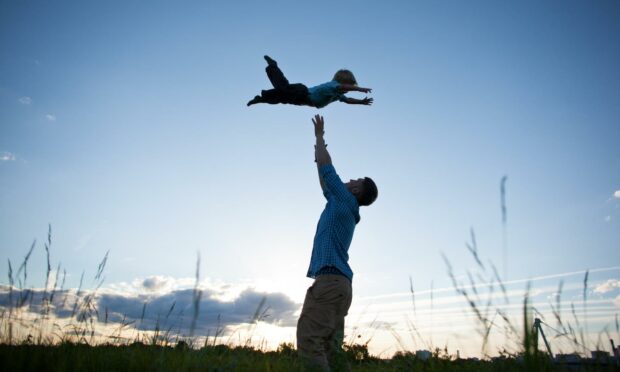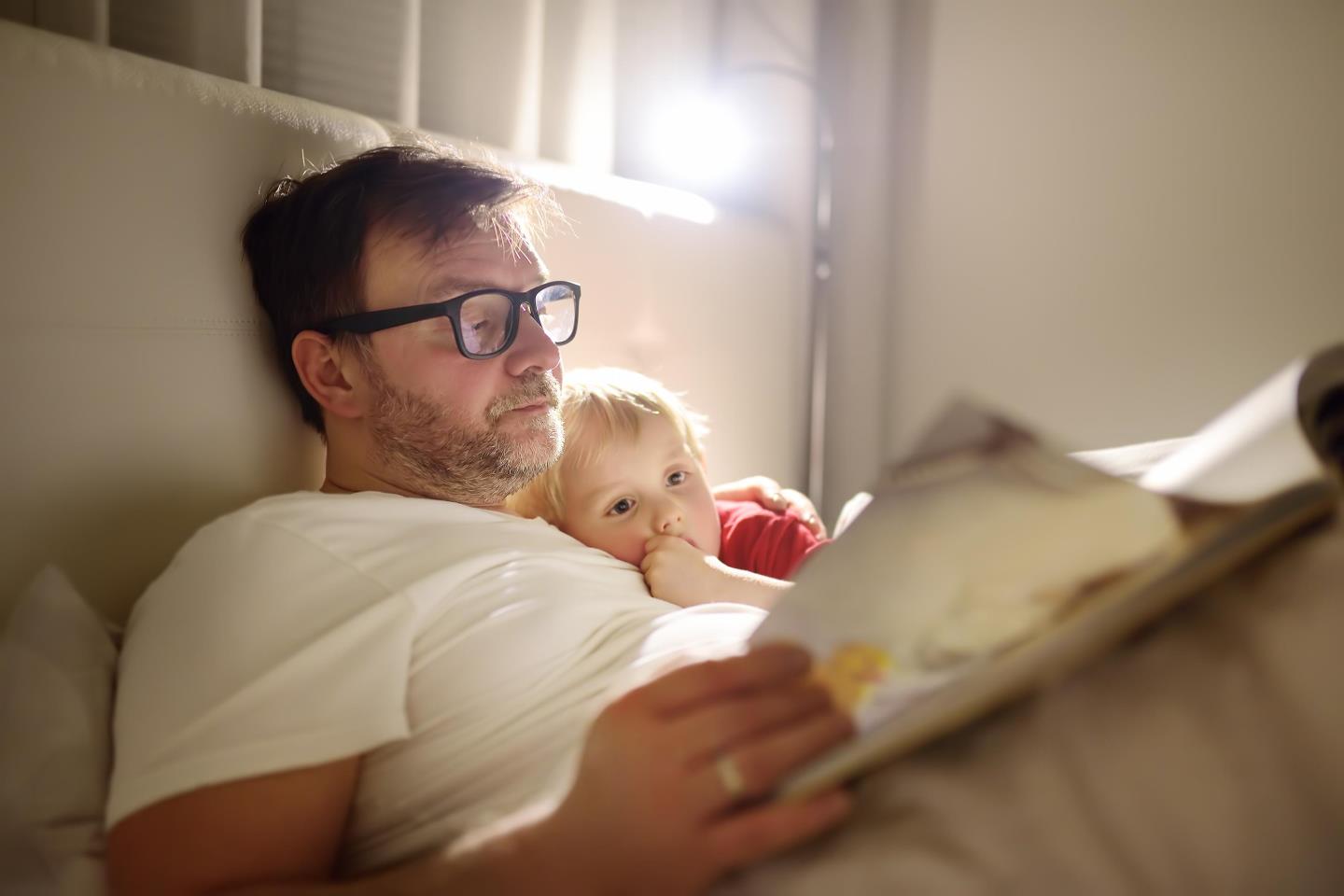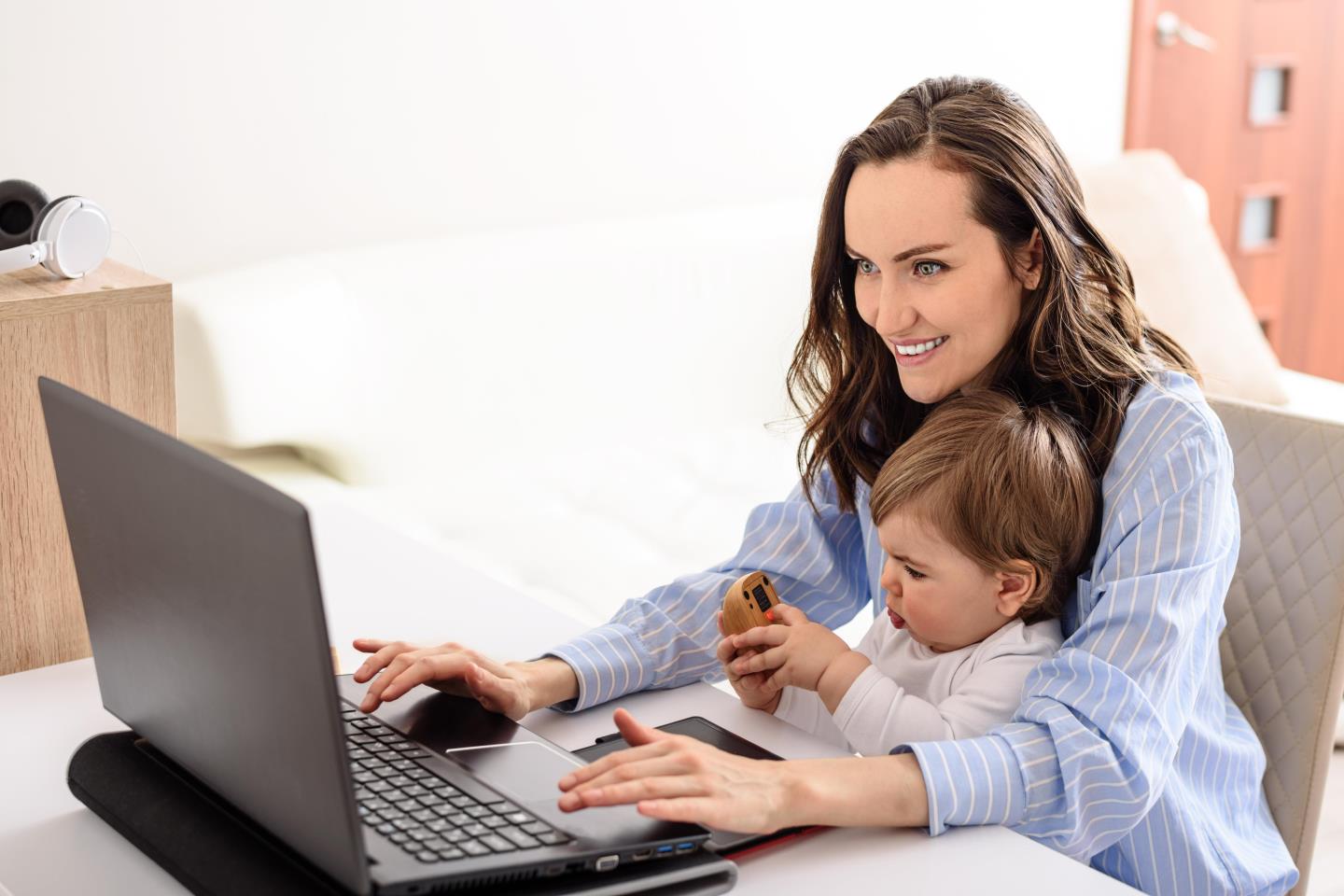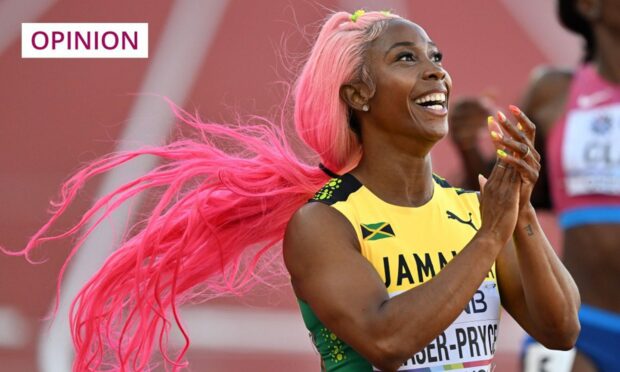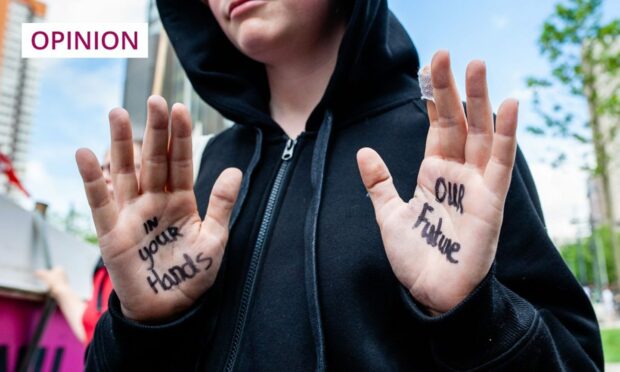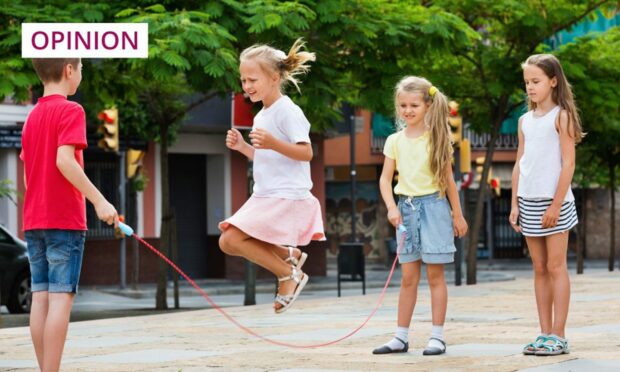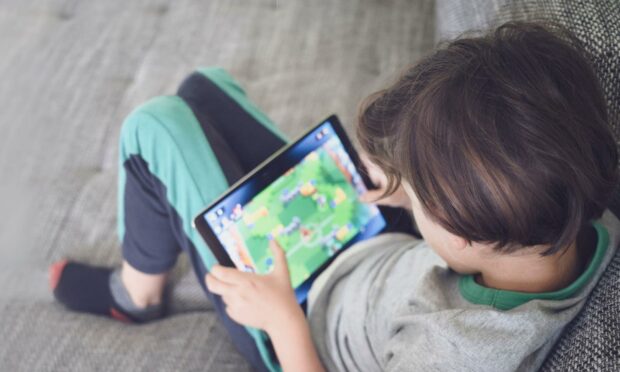It’s one of the standout photos of my brother and sister-in-law’s wedding.
Other than the pictures of the happy couple, obviously.
Mr R bounces little Kamran, then just over a year old, on his shoulders, jiggling his tiny forearms up and down. Our son shrieks with delight, beaming from ear to ear, his mouth wide open with excitement as he laughs. Mr R is smiling, too.
Click.
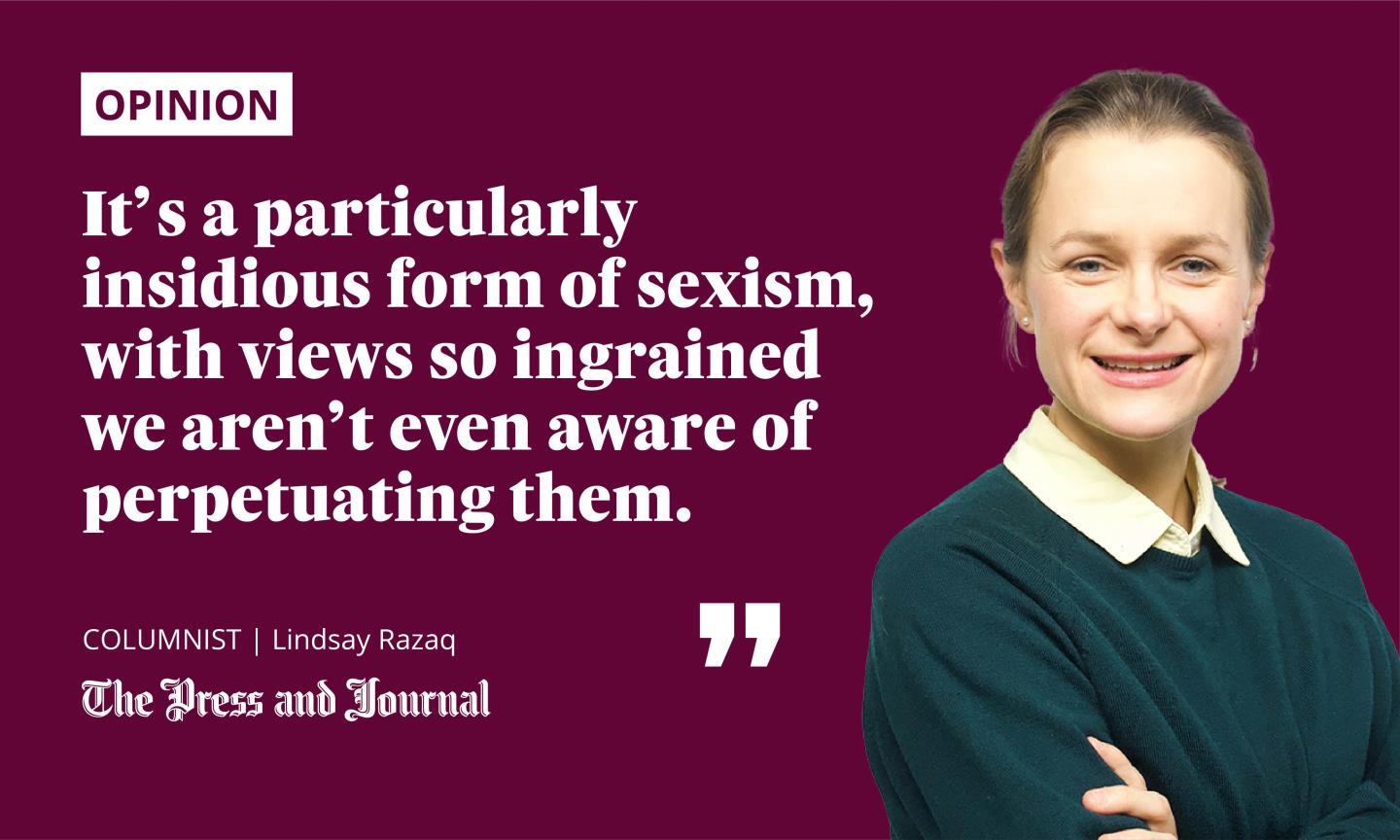
The photographer presses the shutter, skilfully immortalising this beautiful father-and-son moment on a most special of days – our first family occasion in a long time, the nuptials having previously been postponed due to Covid.
One for a frame and prominent position on the wall, certainly.
The snapper isn’t the only one who spots the interaction. Shortly afterwards, a waitress singles out Mr R to congratulate him on being such a good dad.
Society can’t let go of outdated gender roles
It’s kind of her to make the time during a busy shift to commend him, she means well, and clearly I don’t disagree. My husband is a great father.
She’s right, too, that one of the many reasons for this is his talent for playing so inventively with the children. Our four-year-old daughter Maya’s brilliantly vivid imagination is indisputably down to his creative input.
Moreover, he’s ever reliable and works his socks off for the family. So, yes, the waitress isn’t wrong. But, her observation and the implication Mr R’s behaviour is surprising or worthy of such effusive praise – while sincere – is also disappointing.
More than that – it’s a damning indictment of society’s persistent attachment to outdated gender roles, and lays bare the enduring double standard that affords dads disproportionate respect – adulation, even – for basic parenting.
She wouldn’t have showered me with accolades had I been the one she’d noticed. Let’s not pretend she would have found anything at all remarkable in that scene. In fact, I don’t suspect she would have noticed me.
What mothers do, day in, day out, as a matter of course is taken for granted
Indeed, she didn’t. For if you look closely at the image, you will see me, too – in the darkened foreground, within touching distance of the glorious limelight, but not quite there.
How fitting this seems. Because what mothers do, day in, day out, as a matter of course is taken for granted.
The sole instance I might get a comment from a stranger is if the kids are playing up and someone tells me how well I’m managing with a pitying gaze.
In the world’s eyes, we are simply doing our job, and alongside this, there’s pressure to maintain a career.
Dads can’t ‘babysit’ their own children
Society demands so much more of women, a longstanding inequality brought into sharp focus by the pandemic, with the added burden of home schooling, for example, in addition to childcare commitments and, often, full-time work.
According to an Office for National Statistics study from the period between March 28 and April 26 2020, the gap in unpaid work between men and women did decrease during lockdown, but remained significant, at one hour and seven minutes a day, compared to one hour and 50 minutes in 2014-15.
Limited progress, perhaps? Let’s not get ahead of ourselves.
Data also shows since lockdown began, women have been doing two-thirds more childcare than men each day. Much of this was spent doing the less enjoyable aspects of parenting (as described by parents) such as washing, feeding and dressing children and supervision of children. https://t.co/PCPFkgTTIA
— Sian Elliott (@SianCElliott) July 22, 2020
While Mr R has relished being able to spend more time with his family – and I’m sure he’s far from unique in that – I’ve heard several stories of those who couldn’t wait to get back into the office, feeling hard done-by at having had to share the load.
After mentioning the waitress anecdote to pals, it’s clear this wasn’t an isolated incident. One mum revealed that, if she goes out, some of her friends ask if her husband is “babysitting”. I’ve also learned of dads on the school run revered for their efforts, although, happily, in our playground, they aren’t an unusual sight.
It’s demeaning to suggest men can’t be capable parents
I’m absolutely guilty of it, too. I can remember more than once thanking Mr R for changing a nappy.
The stay-at-home dads I know, plus many working ones, are proof that this is an old-fashioned and frankly demeaning stereotype which must be rejected
I’ll admit, as well, to my infantilising “oh, I’ll just do it because you won’t do it properly anyway” attitude.
It’s a particularly insidious form of sexism, with views so ingrained we aren’t even aware of perpetuating them. For that reason, the process of fixing this imbalance can only be accomplished gradually.
We must start, however, by refusing to accept such low expectations, which I’d go as far as to say are doing many men a disservice by wrongly assuming a lack of ability.
The stay-at-home dads I know, plus many working ones, are proof that this is an old-fashioned and frankly demeaning stereotype which must be rejected.
These responsibilities probably are easier for the parent who does them most regularly. But that’s only because they are in a well-honed routine, which takes practice to get right.
We need to stop patting dads on the back for doing their fair share – or less – if the truth really be told, and normalise men’s involvement in childcare.
Lindsay Razaq is a journalist and former P&J Westminster political correspondent who now combines freelance writing with being a mum
